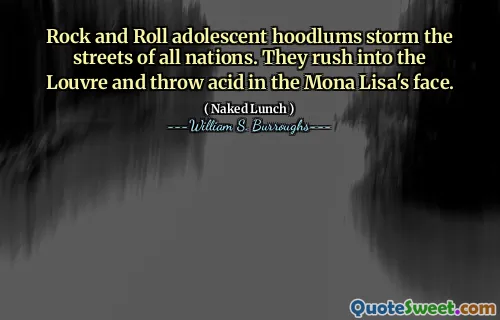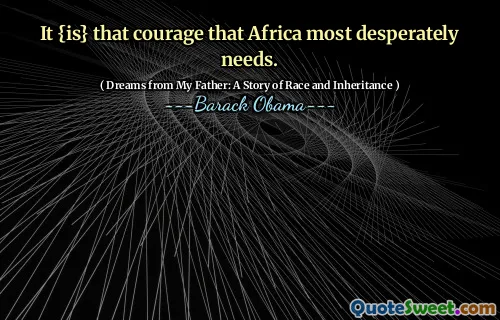
The paradox of education is precisely this - that as one begins to become conscious one begins to examine the society in which he is being educated.
This quote by James Baldwin emphasizes the sometimes-contradictory nature of education. On one hand, education aims to enlighten and help individuals understand themselves and the world; on the other hand, it often ingrains societal norms, biases, and structures that may go unnoticed at first glance. As students grow more conscious and critical, they start to perceive the underlying social and political systems shaping their experiences. This awakening can lead to uncomfortable realizations about inequality, injustice, or systemic faults that were previously accepted or overlooked. Education, therefore, becomes a double-edged sword: it is both a tool for personal growth and a lens for societal critique.
Such a perspective suggests that true education extends beyond rote memorization and standardized curricula; it involves cultivating critical thinking and encouraging questioning of authority, tradition, and norms. Recognizing society's influence on our knowledge cultivates awareness and empowers individuals to challenge the status quo and seek meaningful change. Baldwin’s insight invites educators, students, and society at large to reflect on the nature of education itself—whether it is serving to perpetuate existing power structures or fostering genuine emancipation and understanding. Ultimately, the quote highlights the importance of consciousness as an essential component of education, urging us to pursue awareness that leads to informed action and societal progress.










